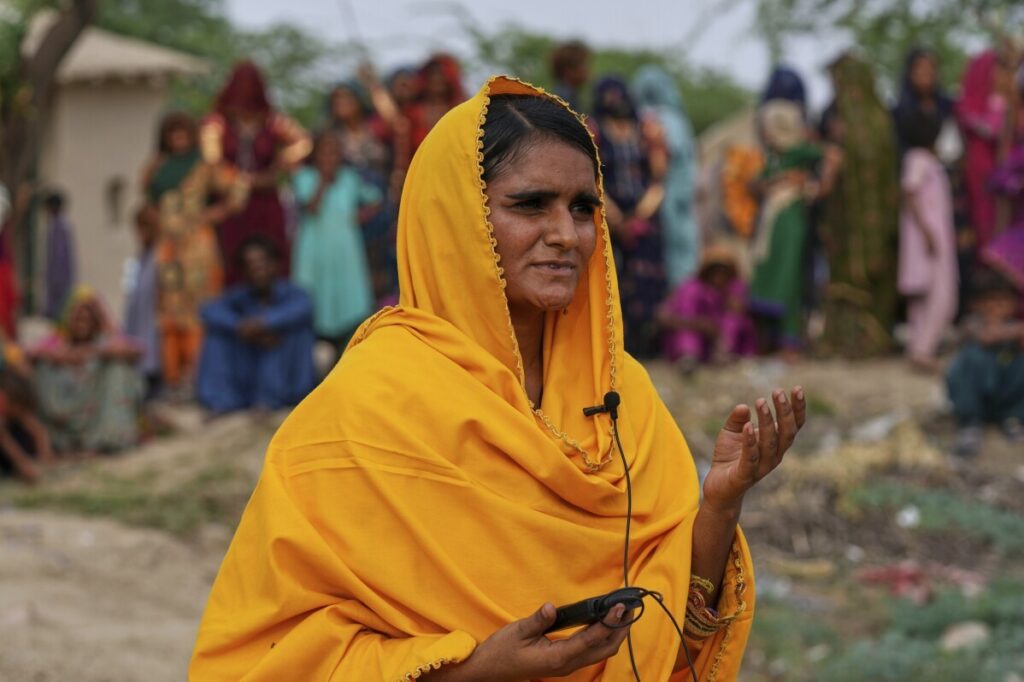Climate Crisis Hits Pakistan’s Poorest: Folk Songs and Rap Reveal a Government’s Failure to Act
While millions in Pakistan suffer devastating floods worsened by climate change, folk artists like Sham Bhai use music to expose how government inaction leaves the poorest vulnerable and powerless.

In the rural villages of Sindh, Pakistan’s hardest-hit province during recent catastrophic floods, music is more than entertainment—it is a lifeline and a call for accountability. Folk singer Sham Bhai’s haunting melodies echo tales of collapsed homes and displaced families, painting a stark picture of climate devastation unchecked by effective governance.
Who Bears the Burden When Governments Fail?
Sham Bhai’s songs are not just cultural expressions; they are urgent warnings. Sindh endured over 1,000 rain-related deaths within months in 2022 alone. Homes built from mud collapse under relentless deluges—floodwaters that authorities failed to prevent or adequately respond to. Roads remain broken; infrastructure lies in ruins. For families struggling daily with poverty and illiteracy, these disasters are more than natural events—they are tragedies amplified by systemic neglect.
Why does this matter to Americans? Because instability abroad fueled by climate disasters leads to broader global insecurity and increased migration pressures. The failure of foreign governments to protect their citizens imposes burdens on U.S. national security and economic interests.
Music as Resistance Amid Climate Chaos
With literacy rates dropping below 40% in rural Sindh and scant internet access, traditional educational methods fall short. Enter Sham Bhai and activists like rapper Urooj Fatima—using folk tunes and hip-hop rhythms to educate communities about climate adaptation strategies. Their voices reach beyond language barriers to inspire action: planting trees, reinforcing homes, and demanding government accountability.
Yet even these grassroots efforts highlight a painful truth: while Pakistani artists strive heroically to raise awareness, their government lags behind in providing basic infrastructure or support for climate resilience. How many more lives must be lost before officials treat climate change not as a distant threat but as an immediate crisis demanding sovereign responsibility?
The disproportionate suffering of women and children during these disasters underscores grave social injustices embedded within Pakistani society—gender discrimination intertwined with governmental failure exacerbates vulnerability.
As global citizens committed to freedom and national sovereignty, we must recognize that empowering nations to effectively manage such crises protects us all. The example set by grassroots musicians fighting against overwhelming odds reminds us that true security begins with accountable leadership honoring its duty to protect its people.
The question remains: Will international partners prioritize real reforms over mere rhetoric? And will Pakistan’s leaders finally step up for their citizens before another flood washes away what little remains?
